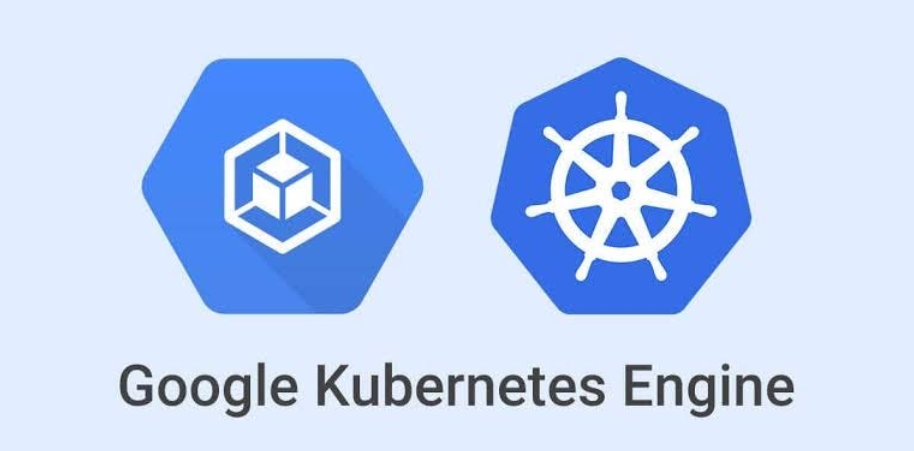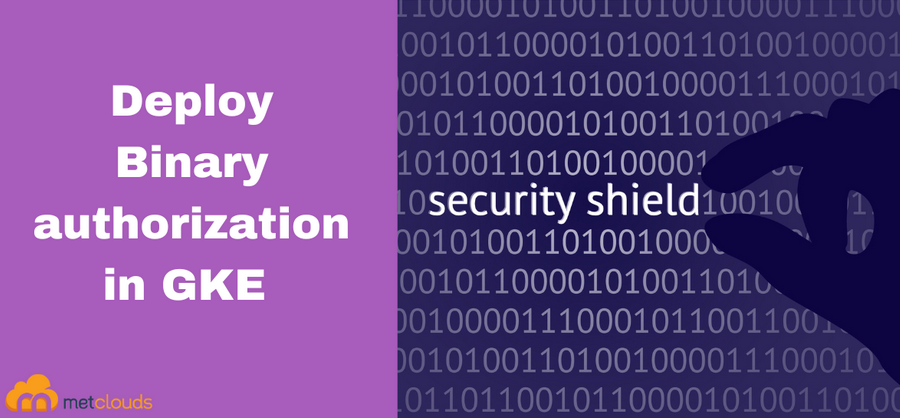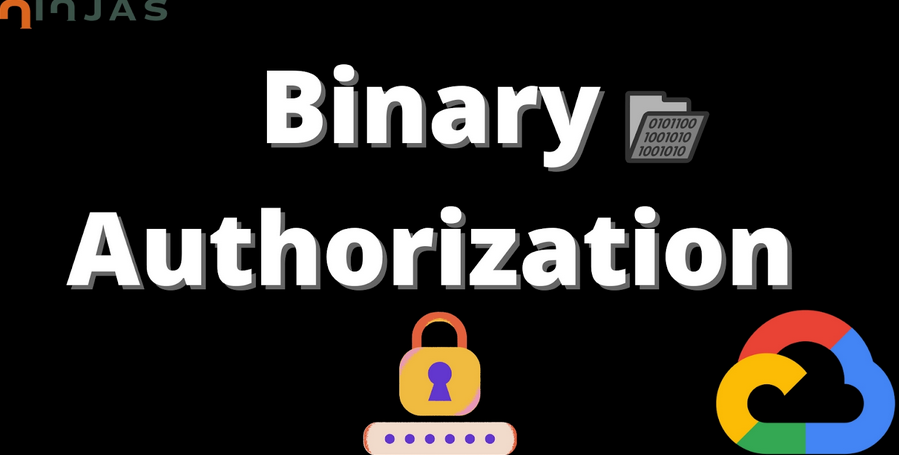Incorporating chaos engineering practices is a proactive strategy to uncover and address potential system weaknesses. By conducting controlled experiments, you can gauge the resilience of
Author: Matt Romance
Security and testing best practices for modern DevOps pipelines – Securing and Testing Your CI/CD Pipeline
Tooling is not the only thing that will help you in your DevSecOps journey. Here are some helpful tips that can help you address security
Merging code and deploying to prod – Securing and Testing Your CI/CD Pipeline
As demonstrated in the previous section, the Dev CD workflow created our environment, deployed the application, tested it, and attested application images. It then automatically
Release gating with pull requests and deployment to production – Securing and Testing Your CI/CD Pipeline
The process of pull request gating is straightforward. At the end of the Dev CD workflow, we’ll introduce a step to initiate a pull request
Setting up binary authorization – Securing and Testing Your CI/CD Pipeline-2
The YAML file performs several tasks, including the installation of gcloud and authentication with GCP. It also installs the gcloud beta CLI and, importantly, attests
Setting up binary authorization – Securing and Testing Your CI/CD Pipeline-1
As we’re using GitOps right from the beginning, we will use Terraform to set up binary authorization for us. We’ll start by setting up some
Binary authorization – Securing and Testing Your CI/CD Pipeline
Binary authorization is a deploy-time security mechanism that ensures that only trusted binary files are deployed within your environments. In the context of containers and
Testing your application within the CD pipeline– Securing and Testing Your CI/CD Pipeline
Until now, we’ve deployed our application on a Kubernetes cluster and manually verified that it is running. We have two options moving forward: either proceed
Generating the MongoDB Kubernetes Secret using External Secrets Operator – Securing and Testing Your CI/CD Pipeline
To generate the mongodb-creds secret, we would need to create the following resources:• A Secret resource – This is a standard Kubernetes Secret resource containing
Installing external secrets with Terraform – Securing and Testing Your CI/CD Pipeline
Let’s configure our local repository to install the external secrets manifest. To do so, copy the application manifest and app.tf file using the following commands:$









